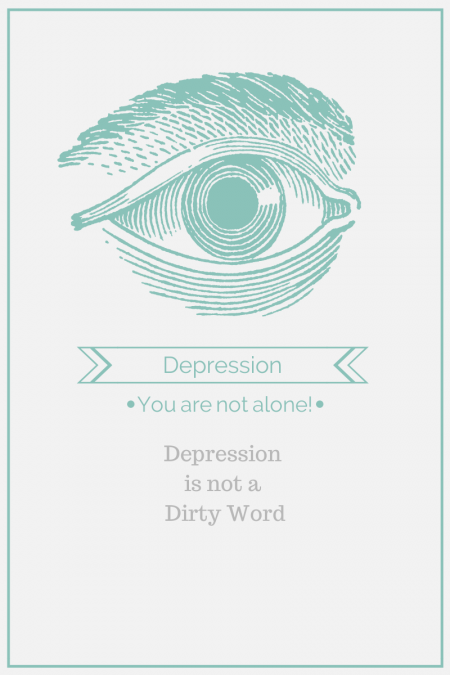There are times when we are at work and we start to notice that we are losing our patience, or in the case of people in the medical field, our empathy. What should you do when this happens? For starters, don’t ignore it. Ignoring it only complicates things, can make things worse, and not only continue to scar you, but may be detrimental to those who work around you or those you might treat, or in business affect the customers you deal with which could lead to lost business, or income.
You might think that you are alone, or that nobody cares what you are going through, but that is simply not the case. Most employers have employee assistance programs that are designed with these problems in mind. Most counties or cities, also have agencies that you can seek out that might have access to free or inexpensive counseling services that will help you find how to deal with the feelings that you are having.
I am not afraid to admit that I have had my moments in my career, where I was depressed at work. Not accepting it, and not finding ways to deal with it, just causes you to fall deeper into the problem. I was fortunate that my last employer had programs set up where I could talk to someone, and help me get back to the path that I was use to walking on.
Sometimes depression can stem from something deeper like PTSD (Post Traumatic Stress Syndrome). Again, you are not alone, never feel that you are. There are support groups and agencies as well that can help you find the assistance that you need. In October of 1998 I had a 4000 pound passenger van fall on me during a rescue, it took me a good year to just get over the stress of that, the fear, the memories. Remember, you are not alone. There are people like you that have gone through similar experiences. PTSD doesn’t have to be work related either, maybe you were in a bad car accident, or you were mugged at an ATM, things like this can affect us at work and in our personal lives, but you don’t have to face it alone, people want to help. You just have to look for it.
As I shared above, most employers have programs set up for instances like this, but you can seek out information on your own by starting here as well. This website lists what it is, how to recognize it in yourself and others, and how to seek out help.
What have you done that has helped you? Do you know someone that needs help? Share your stories below.
Discover more from Tom's Take On Things
Subscribe to get the latest posts sent to your email.

Excellent article! If I’d seen this while I was still and HIV prevention educator, I might not have gone on the downward spiral that ended up with me being on disability for bipolar disorder. Thanks for getting this message out! It may be more important to someone than you’ll ever know.
Thank you for your words. I am going to try and do more articles like this.